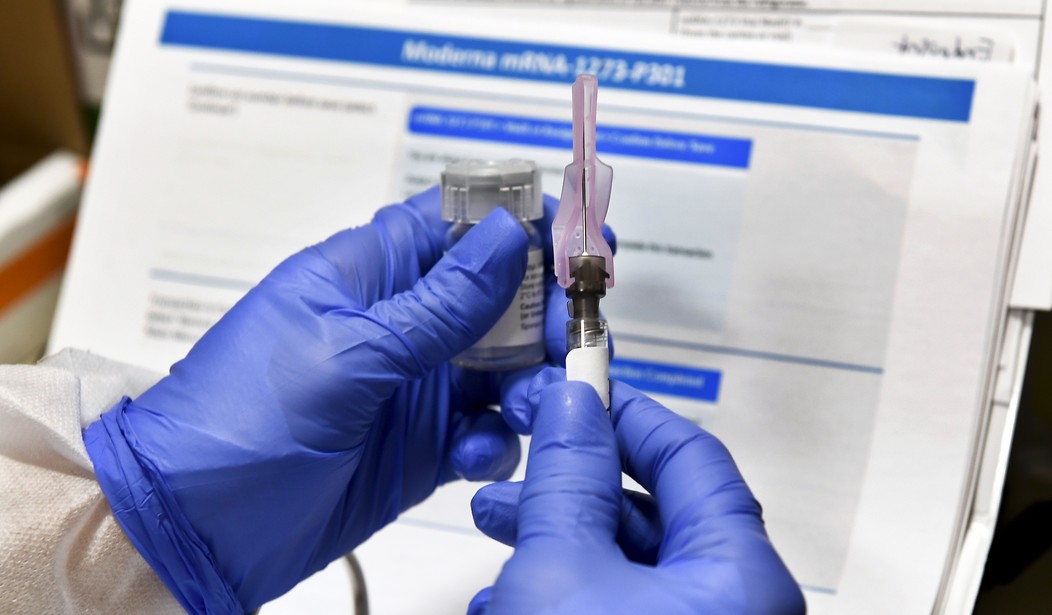The pandemic and current political environment might have you in the doldrums. Ups and downs are normal in life, but when you've been stuck inside on Zoom calls for months, it's easy to forget the ups.
In "Learned Optimism: How to Change Your Mind and Your Life," Martin Seligman provides a map to a more optimistic outlook.
As a graduate student of experimental psychology at the University of Pennsylvania, Seligman studied dogs and noticed that some would do nothing when they were shocked. Seligman determined that the dogs had felt the "shocks go on and off regardless of whether they struggled or jumped back or barked or they did nothing at all."
Therefore, according to Seligman, the dogs "had concluded or 'learned,' that nothing they did mattered. So why try?"
Most people have faced situations where they, too, have felt helpless and times when no efforts seemed to make a difference. Eventually, after becoming worn down, they gave up and did nothing.
Some of us might feel the same way regarding the current state of politics and the pandemic.
A study referenced by Seligman noted that about 33% of test subjects did not learn helplessness but continued to persevere. The study also noted that about 10% of test subjects never tried, or acted helpless from the start.
Apply this study's results to the general population and they translate to 10% of the population who never tries to overcome obstacles; 57% who learn to be helpless in the face of failure; and 33% who never give up.
Recommended
The good news is that Seligman hypothesized that if helplessness "could be learned, then it could be unlearned." The benefits of unlearning helplessness would be enormous: continued action, energy, perseverance and results. This ability to unlearn helplessness could potentially benefit 57% of the population. We really need this now as a country.
Why is optimism important? "Optimists recover from their momentary helplessness immediately," according to Seligman. "Very soon after failing, they pick themselves up, shrug and start trying again. For them, defeat is a challenge, a mere setback on the road to inevitable victory. They see defeat as temporary and specific, not pervasive."
"Pessimists wallow in defeat, which they see as permanent and pervasive. They become depressed and stay helpless for very long periods," Seligman notes. "A setback is defeat. And a defeat in a battle is the loss of the war."
So how can one unlearn helplessness? "Learned helplessness could be cured by showing the subject his own actions would now work," Seligman notes. "It could be cured by teaching the subject to think differently about what caused him to fail." Seligman cites three ways of explaining events: Permanence (temporary or permanent), Pervasiveness (specific versus universal) and Personalization (internal versus external).
According to Seligman, "it's a matter of ABC (Adversity, Belief, Consequence): when we encounter adversity, we react by thinking about it. Our thoughts rapidly congeal into beliefs." And these beliefs have consequences.
"Pessimistic explanations (permanent, universal and internal) set off passivity and dejection, whereas optimistic explanations (temporary, specific and external) energize," she says.
When looking for explanatory evidence regarding an event, instead of thinking of the permanent, pervasive and personal belief, scan for the temporary (or changeable), specific (i.e., related to a specific event rather than an entire life) and the non-personal (i.e., the event was not due to you).
Seligman notes that there are three ways to approach pessimistic beliefs: distraction, disputation and decatastrophization.
Finally, there is the question of usefulness: A given belief might be correct, but is it useful? If the belief inhibits you from functioning well in a crisis, it might be best to distract the thought until later.
Once the D (disputation) is added to the ABC (adversity, belief and consequence), the result is E (energy), rather that lethargy. It is energizing to believe that things do get better, that a given event was not about you but about a specific situation.
Let's dispute our understanding of the current situation. Adversity: pandemic and political polarization. Belief: It's temporary -- it's just the news coverage that is nonstop -- it's specific; and it's external.
Let's focus on what we can do: sleep well, eat well, exercise and get vitamin D by being outside every day. Additionally, focus on what we can be grateful for: the earth we live on, the air we breathe, the loved ones we have and the opportunity to make a difference in someone's life -- even if it's improving their mood by sharing a smile.
Consequence: We feel more optimistic about the future. Instead of hanging our heads in pessimistic disbelief, we can create the energy to figure out how to create a different dynamic in the future.
To find out more about Jackie Gingrich Cushman, and read features by other Creators Syndicate writers and cartoonists, visit www.creators.com.

























Join the conversation as a VIP Member